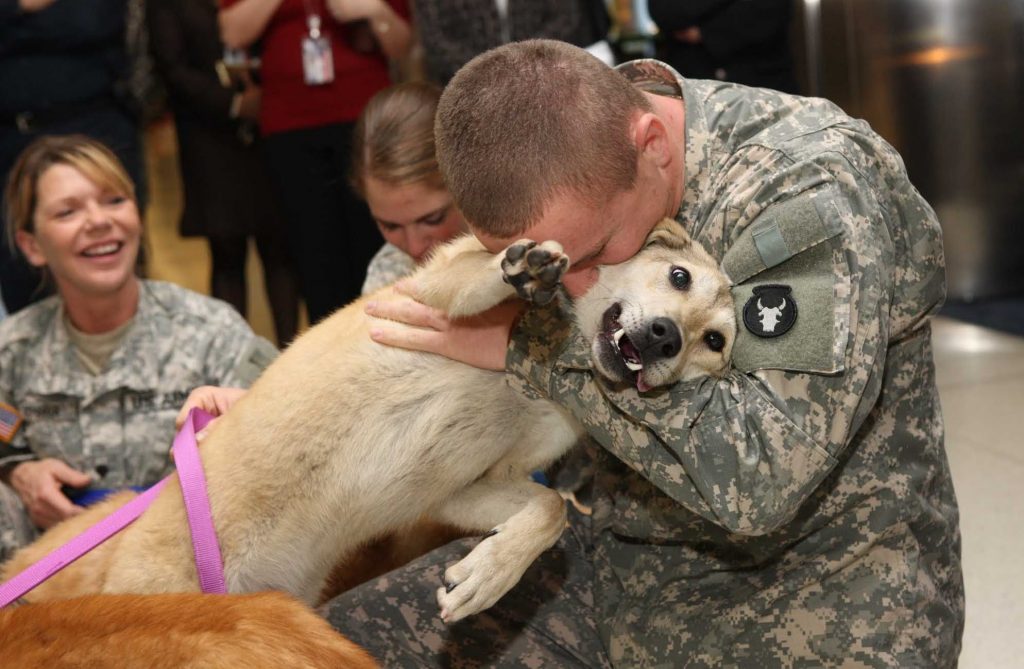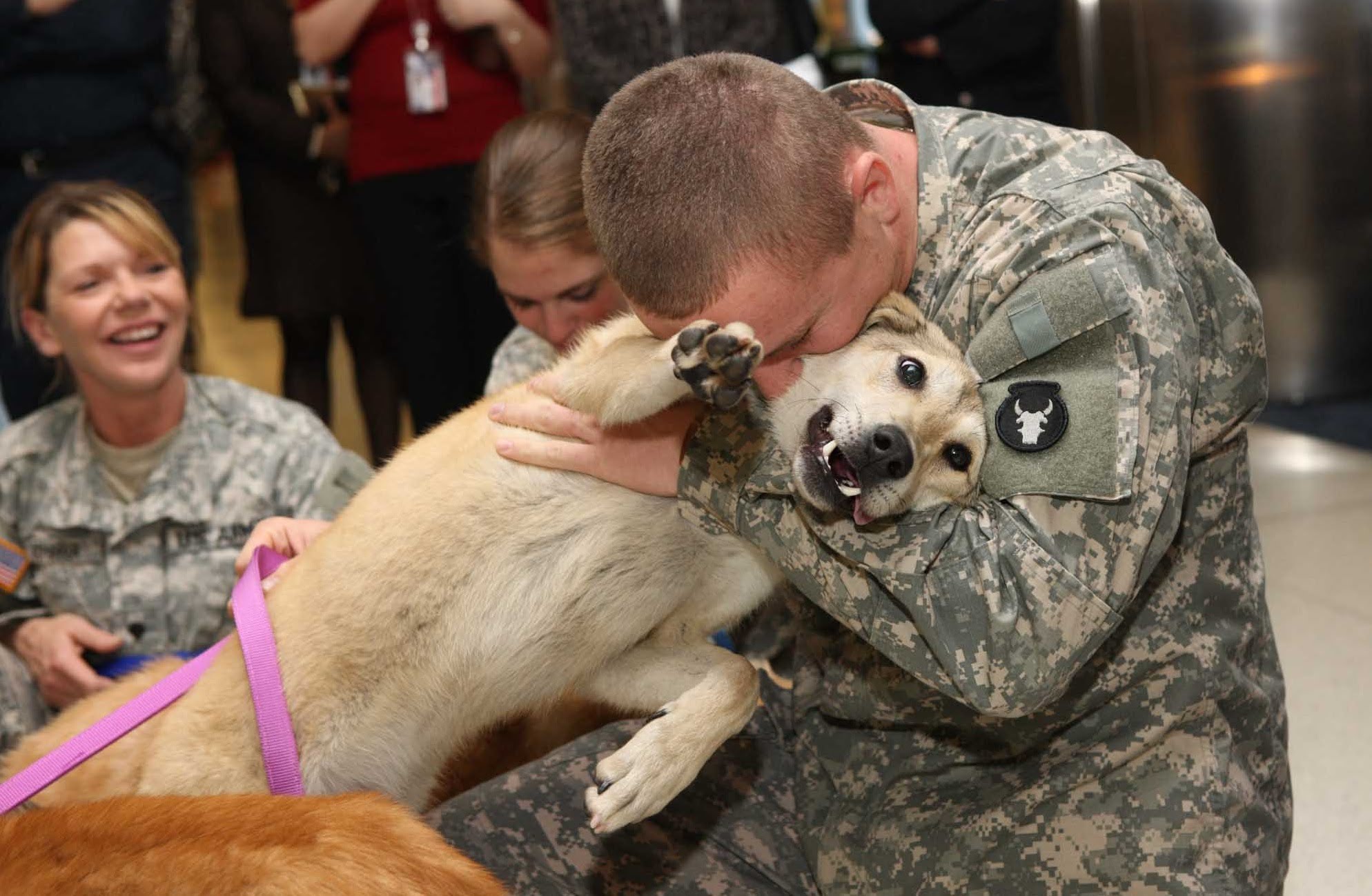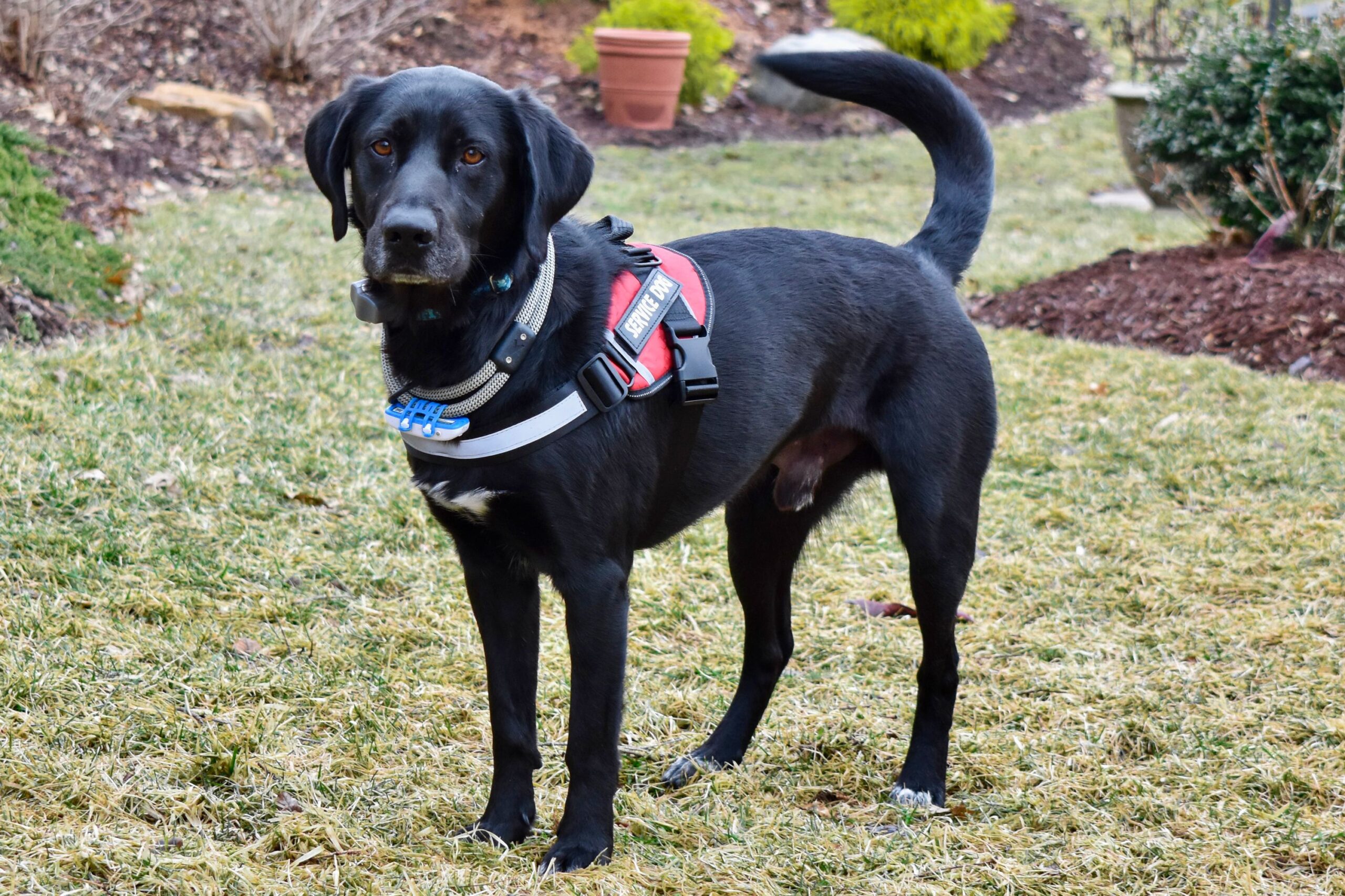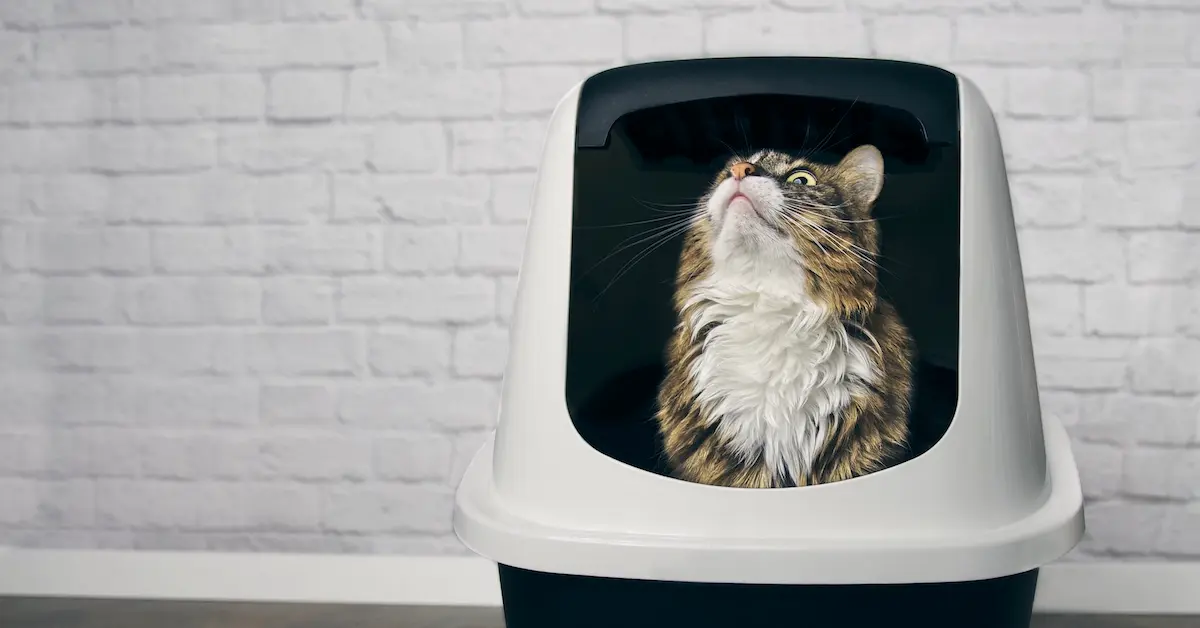Adopt a former service dog for free; all you need is a leash, collar, and crate. Retired service dogs make great pets and are usually well socialized, calm in public, and able to interact with people and other animals.
They require transport and future medical care treatment for which the adopters are responsible. Service dogs have dedicated their lives to serving their handlers, and it’s only fair to give them a happy and comfortable retirement. Adopting a former service dog can be a rewarding experience for both the adopter and the dog.
These dogs have special training that makes them excellent family pets, therapy dogs or even service animals for handicapped people. This article will discuss how to adopt a retired service dog and the different dogs available for adoption. It will also touch on the cost of these adoptions and the responsibilities that come with owning a former service dog.

Credit: m.youtube.com
Why Adopt A Former Service Dog
Adopting a former service dog is a great way to give back to these admirable animals and offer them a loving home in their retirement. These dogs are often well-trained, socialized, and make excellent family pets. Plus, the adoption process is typically free, with adopters only responsible for future medical care and transportation.
Are you thinking of adopting a dog but unsure about what breed to choose? Do you want a companion that is already trained and well-socialized? Look no further, because adopting a former service dog may just be the perfect fit for you.
These dogs have spent years serving the community by assisting individuals with disabilities or helping law enforcement. Once they retire from their duties, they are available for adoption and make for loving, loyal, and obedient companions. In this article, we’ll discuss the benefits of adopting a former service dog, and why it’s a rewarding experience.
Benefits Of Adopting A Former Service Dog
When you adopt a former service dog, you are not only gaining a loving companion but also one that is highly trained. These dogs have spent years being trained to socialize with people and other animals, and their experience as service dogs means they are well-behaved and obedient.
They have also gone through extensive training to perform their duties effectively, which makes them well-suited for tasks such as being a therapy dog, or assisting people with disabilities. Additionally, retired service dogs are often mature and have a calm temperament, which makes them ideal for households with young children or elderly individuals.
Making A Difference
By adopting a former service dog, you are making a difference in the lives of these animals. These dogs give their all during their years of service and deserve to retire in loving homes that appreciate their contributions. Adopting a service dog also opens up space for more dogs to be trained and become service animals. Additionally, by adopting a mature dog, you are not contributing to the problem of over-breeding and overcrowding in animal shelters.
Rewarding Companion
Adopting a former service dog is a rewarding experience, as you are giving a dog the opportunity to live out the rest of its life in a loving home. These dogs often have a strong bond with people, as they have spent years working alongside their handlers. Retired service dogs also tend to be grateful for their new homes and are eager to please their new owners. They make for loyal and loving companions that will bring joy, love, and companionship to your life.
In conclusion, adopting a former service dog is a noble and rewarding experience that comes with many benefits. By adopting a retired service dog, you are getting a highly trained, well-behaved, and mature companion that will enrich your life and bring joy to your home.
You are also making a difference in the lives of these animals that have contributed so much to society. Moreover, adopting service dogs is a way to give back to the selfless creatures that have been serving us all their lives. Adopt a former service dog today, and enjoy the many benefits of having a best friend for life.
Adoption Process
Adopting a former service dog can be a rewarding experience. When a service dog retires, it’s usually trained with exceptional obedience and discipline. There is no cost for adopting a retired military service dog, but you’ll need to provide a leash, collar, and crate.
Are you looking to adopt a dog that has already undergone extensive training? A former service dog may be a perfect match for your family. In Austin, Texas, there are various organizations that offer the opportunity to adopt a former service dog, such as Canine Companions and Service Dog Registration of America. Let’s take a closer look at the adoption process.
Eligibility Criteria
First, before applying to adopt a former service dog, you must meet certain eligibility criteria. Most organizations require that you:
- Be at least 18 years of age
- Have a stable home environment
- Be financially capable of providing for the dog’s needs
- Be able to provide regular veterinary care and provide a safe and healthy environment for the dog
Application Process
Once you have determined that you meet the eligibility criteria, you can begin the application process. This usually involves filling out an application form, which will ask for details about your living situation, family members, and previous experience with dogs.
The organization will then review your application and may schedule a home visit to ensure that your home is a suitable environment for a former service dog. After completing this process, you will be added to the organization’s waitlist.
Training And Support
When you are matched with a former service dog, they will likely require some transitional training to adapt to their new environment. The organization may provide support in this transition and may offer training sessions or resources to assist in the process.
It’s important to note that adopting a former service dog requires a commitment to providing them with adequate care and attention. These dogs have already given so much of themselves in service and deserve a loving and supportive environment in their retirement years.
In conclusion, adopting a former service dog is a rewarding experience but requires careful consideration and commitment to the dog’s well-being. If you’re interested in learning more about the adoption process or eligibility criteria, reach out to one of the many organizations in Austin that offer this opportunity.
Costs And Responsibilities
Adopting a former service dog comes at no cost, but adopters must prepare to take full responsibility for their new furry companion. This includes bringing a leash, collar, and crate, as well as handling transportation and future medical care treatments.
It’s important to note that retired service dogs are well-socialized and can make excellent companion pets.
Adoption Fees And Other Costs
Adopting a former service dog can be a great way to give a loving home to a loyal and well-trained animal. The good news is that there is no cost for adopting a retired military dog. However, when finalizing the adoption, you will need to bring a leash, collar, and crate for your new furry friend. Keep in mind that other costs such as future medical treatment, food, and supplies will be the adopter’s responsibility.
Medical Care And Supplies
The adopter is responsible for providing any medical care that the dog may need throughout its remaining life. Due to their previous service, retired service dogs may have special medical needs that require specific treatments or medication. The adopter should be prepared to provide for the dog’s medical care and necessary supplies such as food, toys, and bedding.
Additionally, retired service dogs may require different types of training than a typical pet, such as obedience training to adjust to their new living arrangements. The adopter should be willing to dedicate the time and resources required to help the dog transition to a new life as a family pet.
Transportation
Transportation is also an important responsibility of the adopter. The adopter should be prepared to pick up the dog and provide transportation to and from any necessary medical appointments or check-ups throughout the dog’s retirement years.
In conclusion, adopting a former service dog is a great way to provide a loving home to a loyal and well-trained animal. However, it is important to remember that there are costs and responsibilities associated with this type of adoption. The adopter will need to provide for the dog’s medical needs, transportation, and training, making a long-term commitment to their furry friend.

Credit: www.americanhumane.org
Types Of Former Service Dogs For Adoption
Adopting a former service dog can be a rewarding experience. There are different types of retired service dogs available for adoption, including military and breeder release dogs. These dogs have received extensive training and make great companion pets.
Former service dogs are a special kind of dog that deserves love and care for their unwavering service to their handlers. It is essential to learn about the different types of former service dogs available for adoption. They include retired military dogs, breeder release dogs, and career change dogs.
Retired Military Dogs
Retired military dogs have been trained by the military to perform important tasks such as tracking, searching for explosives, and patrolling. Due to their exceptional skills, these retired dogs are highly adaptable, and make great companion dogs. They are well socialized and have an excellent temperament towards people, and other pets as well. Adopting a retired military dog can be a fulfilling experience, not to mention the security and protection they bring along with them at all times.
Breeder Release Dogs
Breeder release dogs are dogs that are born to be service dogs but did not qualify for the demanding tasks most service dogs have to perform. These dogs possess excellent skills and are well-trained, but their innate characteristics limit them from becoming service dogs. These canines are usually working breeds that require a lot of physical activity and attention. Breeder release dogs can make great active companion dogs, and they bond well with their owners.
Career Change Dogs
Sometimes, dogs trained to be service dogs are unable to meet the specific needs of their handlers due to various reasons. In such cases, these dogs are reassigned, which means they need to switch careers. These dogs are carefully evaluated before their career changes to ensure that they have the potential to excel in tasks other than their original career path. Career change dogs are usually obedient, well-mannered, and highly trained. They make great companions, family pets, and even therapy dogs.
In conclusion, adopting a former service dog is a noble and fulfilling act. Retired military dogs, breeder release dogs, and career change dogs are available for adoption and provide different benefits to their owners. Consider adopting one of these exceptional canines and give them the love and care they deserve.
Are Former Service Dogs Good Pets?
Former service dogs can make great pets, especially for those who understand their unique needs. Retired military service dogs, for example, are typically well-trained and socialized, and can acclimate well to civilian life. Adoption is usually free, though adopters will be responsible for future medical care and transportation.
Many people wonder if former service dogs could make good pets. The answer is yes, and adopting a former service dog can be a great option for those looking for a well-behaved and trained companion. However, there are a few things to consider before adopting a former service dog, such as socialization and training, personality and temperament, and compatibility with children and other pets.
Socialization And Training
Former service dogs have extensive training in various areas, including obedience, socialization, and task-specific training. These dogs are trained to behave well in public spaces, interact with people, and follow commands. As a result, they are often well-behaved in a home environment as well.
However, it is important to note that some former service dogs may require additional socialization and training to adjust to life outside of their previous work environment. It is important to work with a professional dog trainer to help the dog learn and adjust to its new home.
Personality And Temperament
Former service dogs come from various breeds and backgrounds, and their temperament and personality can vary. Nonetheless, most former service dogs are known for their calm and friendly nature. These dogs have been trained to be comfortable around strangers, and as a result, they are likely to adapt well to new surroundings.
However, it is important to note that not all former service dogs will be a good match for everyone. It is essential to spend time with the dog before adopting it to ensure that its personality and temperament fit with the adopter’s lifestyle and family.
Compatibility With Children And Other Pets
Most former service dogs interact well with children and other pets since they have been trained to interact with all kinds of people and animals during their service years. However, it is important to note that each dog is unique, and some former service dogs may not be suitable for homes with young children or other pets. It is important to work with an experienced adoption agency to find a dog that is compatible with a particular family and lifestyle.
In conclusion, adopting a former service dog can be a great option for those looking for a trained and well-behaved companion. However, it is important to consider various factors before making the decision to adopt. Socialization and training, personality and temperament, and compatibility with children and other pets are all essential when considering adopting a former service dog. With careful consideration and professional guidance, adopting a former service dog can be a rewarding and fulfilling experience.
Where To Find Former Service Dogs For Adoption
Looking to adopt a former service dog? There are three categories of dogs available for adoption, including retired military dogs, breeder released dogs, and retired service dogs. While there is no cost for the adoption, transportation and future medical care will be the adopter’s responsibility.
Check with service dog organizations and pet adoption websites to find the right companion for you.
Service Dog Organizations
A great place to start your search for former service dogs for adoption is with service dog organizations. These organizations usually have a list of retirees that are looking for new homes, and you can contact them directly to inquire about adoption. Most of these organizations require some type of screening process, and you may be required to fill out an application and go through an interview before you can be considered as a potential adopter.
Petfinder And Adopt A Pet
Petfinder and Adopt a Pet are two popular websites to search for all types of dogs for adoption, including former service dogs. These websites allow you to search for dogs by breed, age, location, and other characteristics. You can even set up notifications for when dogs that match your criteria become available. When you find a dog that interests you, you can contact the organization or individual directly through the website to inquire about adoption.
Online Communities And Direct Adoption
Online communities, such as Reddit, also have forums dedicated to former service dogs for adoption. You can browse through these forums to see if any dogs catch your attention. Additionally, some former service dog handlers may be looking to re-home their dogs directly instead of going through an organization or agency. While direct adoption can be riskier, it may be a viable option for some individuals.
Remember, adopting a former service dog comes with unique challenges and rewards. These dogs have provided an invaluable service to their owners, and they deserve to live out the rest of their lives in a happy and loving home. Take the time to research and consider your options, and you may find a loyal companion that will enrich your life beyond measure.

Credit: www.americanhumane.org
Frequently Asked Questions On Adopt A Former Service Dog
What Happens When A Service Dog Gets Old?
When service dogs get old, they retire from their duties. Retired service dogs can be adopted, but the adopters will be responsible for future medical care and transportation. Retired service dogs make great pets as they are usually well socialized and calm in public.
However, adopting a former service dog should not be taken lightly and involves specific procedures.
How Much Do Retired Military Dogs Cost?
Retired military dogs for adoption are free. Adopters need to provide a leash, collar, and crate and are responsible for future transport and medical care. The dogs are well socialized and make good companions. There are three categories of dogs available for adoption.
Do Retired Military Dogs Make Good Pets?
Retired military dogs make great pets as they are well-trained to be calm and socialized with people and other pets. Adopting a retired military dog is free but adopters are responsible for transportation and future medical care. Adopters will need to bring a leash, collar and crate when finalizing the adoption and picking up the dog.
What Is A Breeder Release Dog?
A breeder release dog is a dog that was given up by a breeder, but adopted by a rescue organization. These dogs may have specific needs due to their breeding purpose, which requires specialized care from adopters. However, every dog that comes to rescue has a unique background that can impact their personality and behavior.
Conclusion
By adopting a former service dog, you are not only giving them a loving home but also providing them with a comfortable retirement. These dogs have dedicated their lives to serving and protecting their handlers, and now it’s our turn to give back to them.
The process of adoption is simple and free, and you will get a trained companion who is already adjusted to living with humans and other pets. So, consider adopting a retired service dog and experience the joy of providing a deserving dog with a second chance at a happy life.





5 Responses